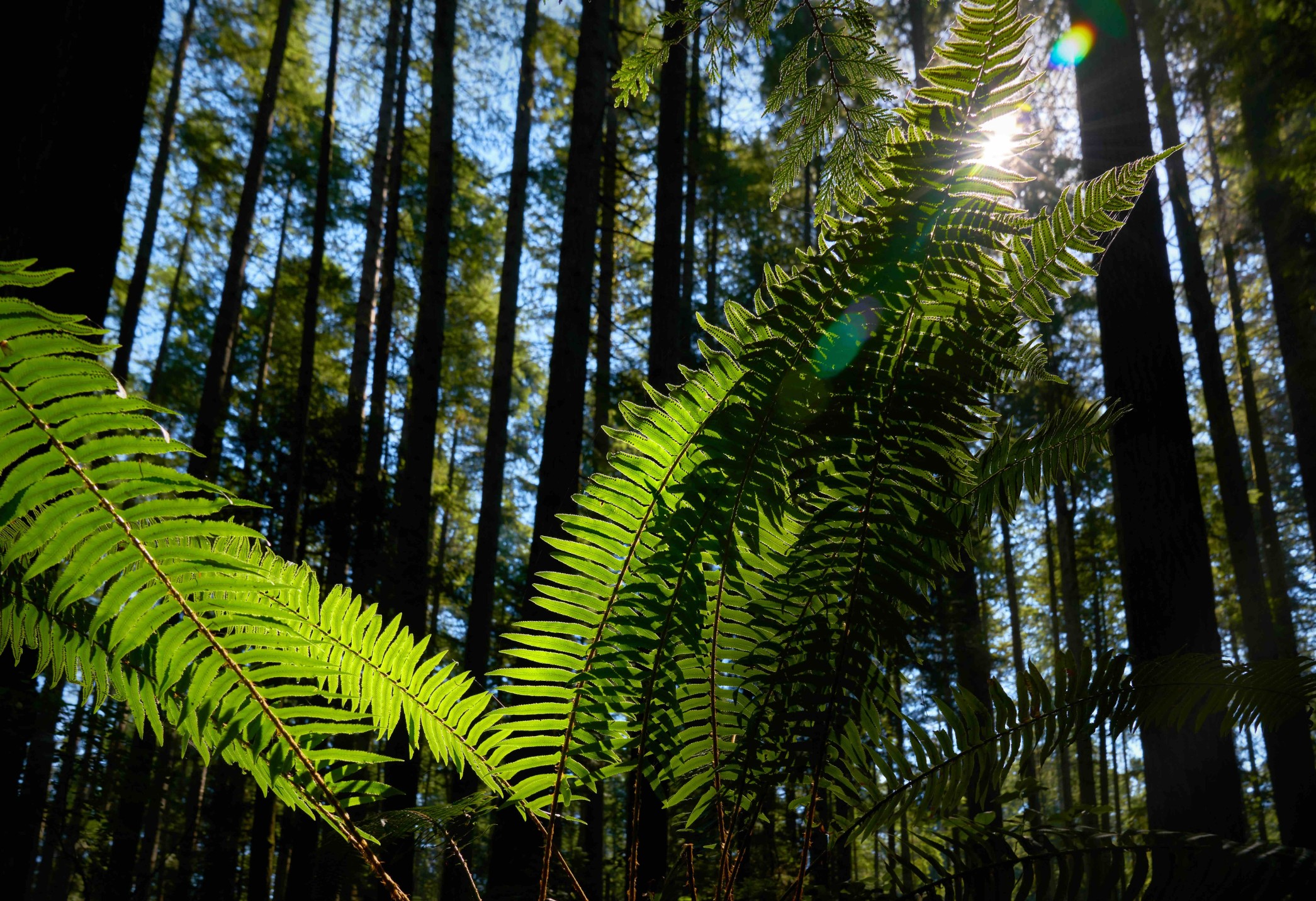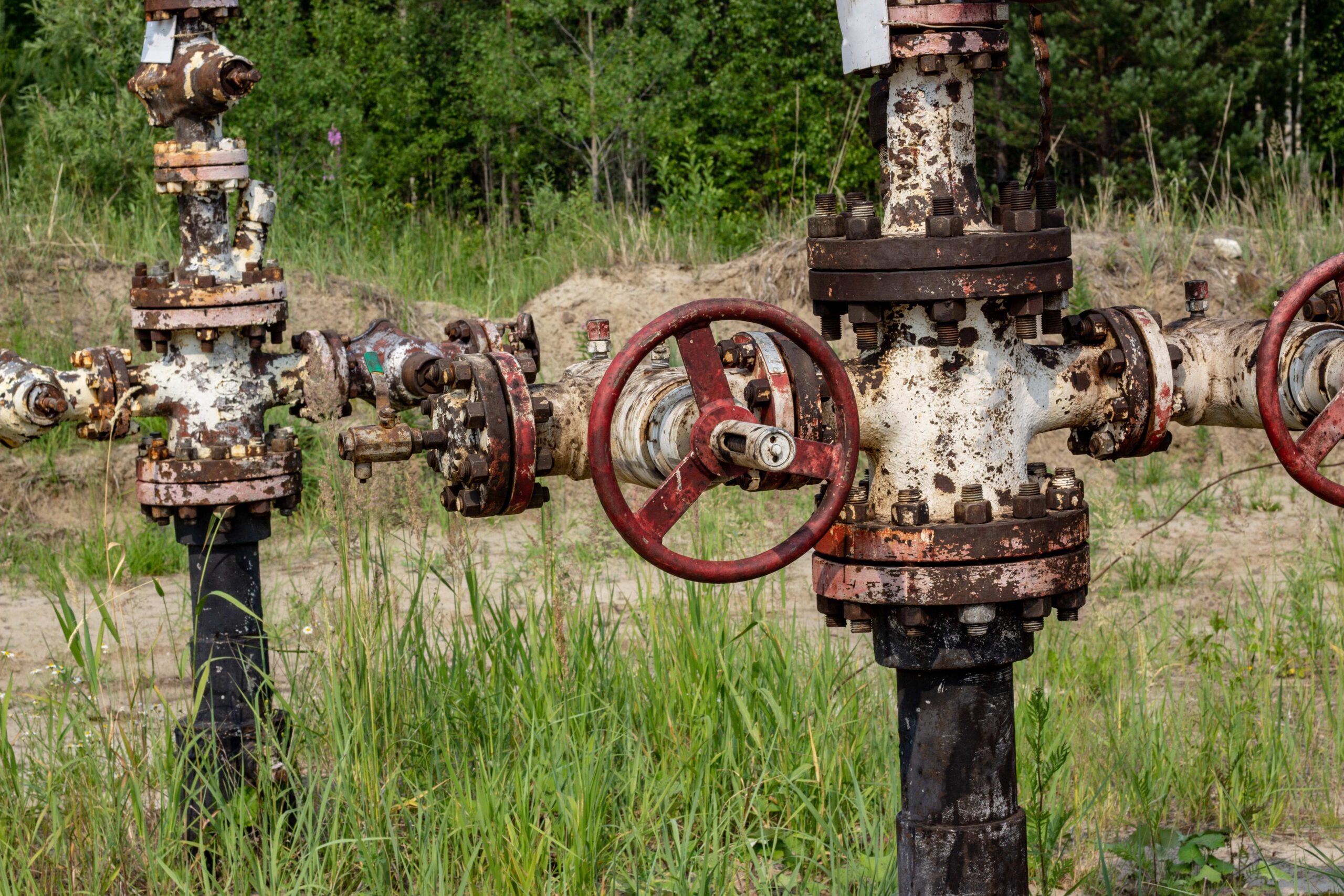This website uses cookies so that we can provide you with the best user experience possible. Cookie information is stored in your browser and performs functions such as recognising you when you return to our website and helping our team to understand which sections of the website you find most interesting and useful.
American Carbon Registry Approves Expansion of Rice Sector Emissions Reduction Opportunities to the U.S. Mid-South

LITTLE ROCK, Ar. (March 17, 2014) – American Carbon Registry (ACR), a nonprofit enterprise of Winrock International (Winrock) today announced approval of Mid-South modules for its firstof-a-kind carbon offset methodology to quantify greenhouse gas reductions from rice production. The Mid-South modules of the methodology for Emission Reductions in Rice Management Systems were developed by Terra Global Capital LLC in partnership with Environmental Defense Fund (EDF), Applied Geosolutions, LLC, and White River Irrigation District and funded through a USDA Conservation Innovation Grant.
The ACR rice management methodology and newly approved Mid-South modules provide a comprehensive framework for developing projects that reduce greenhouse gas emissions and generate marketable carbon offset credits. According to the U.S. Environmental Protection Agency’s 2012 greenhouse gas inventory, the U.S. agriculture sector is responsible for 526 million metric tons, or 8% of domestic greenhouse gas (GHG) emissions per year, which presents an enormous opportunity for the adoption of voluntary conservation practices that reduce emissions.
Rice cultivation is the third largest source of methane emissions in the sector, and the top two rice producing states, Arkansas and California, are responsible for over half of U.S. emissions from rice production. The approval of the Mid-South rice modules therefore marks an important milestone in broadening the opportunities for agriculture producers to participate in carbon markets, incentivizing adoption of voluntary emissions reduction practices.
“Consistent with our parent Winrock’s commitment to sustainable agriculture, one of ACR’s primary objectives is to advance innovative approaches to support low emissions practices in agriculture by strengthening the scientific and market infrastructure for agricultural GHG mitigation,” said John Kadyszewski, ACR director. “We are excited to announce approval of the Mid-South modules and to see projects come to market in both California as well as in Arkansas, Winrock’s home state and the country’s leading rice producer.”
Under the methodology, 3.4 million acres are eligible to generate carbon offset credits throughout the Mid-South and California. Arkansas accounts for 1.8 million eligible acres. Other Mid-South states including Louisiana, Mississippi, Missouri and Texas account for an additional 1.3 million eligible acres. ACR estimates the potential emissions reductions resulting from implementing the practice changes in the new methodology to be significant – over one million tons in the next ten years.
In the voluntary market, agriculture-based carbon offsets, such as those created from rice management practices, can be sold to corporations to meet their internal sustainability goals, reduce their carbon footprints and to green their supply chains. Agriculture offsets are also being considered by California regulators for eligibility in the state’s new regulated market, where GHG emitters like power plants and oil refineries are mandated to reduce emissions. The regulation allows these entities to use ARB approved offset credits for up to 8 percent of their emissions – over 200 million metric tons through 2020.
The California Air Resources Board (ARB) is developing a compliance offset protocol based on the ACR rice methodology, and board vote is expected in September. If approved, the methodology will enable GHG emission offsets created by rice producers throughout the U.S. to be sold to regulated entities with mandatory emission reduction obligations under the California cap-and-trade program. Most importantly, the adoption by ARB of the first crop-based agriculture sector offset methodology opens the door to consideration of additional agriculture offset opportunities for the California market.
“We are very excited about ACR’s newly approved methodology, which will allow us to demonstrate practical approaches to delivering emission reductions from rice production in Arkansas, the country’s leading rice producer,” said Dennis Carman, executive director of White River Irrigation District. “Our rice growers strive to improve yields, increase competitiveness and enhance waterfowl habitat. It’s a win-win if producers can achieve all of those things while reducing GHG emissions and increasing revenues.”
###
About the American Carbon Registry
The nonprofit American Carbon Registry (ACR), an enterprise of Winrock International, is a leading carbon offset program recognized for its high standards for environmental integrity. Founded in 1996 as the first voluntary GHG registry in the world, ACR has over 18 years of unparalleled voluntary carbon market experience in the development of rigorous, science-based offset methodologies and operational experience in the oversight of offset project verification, registration, offset issuance and retirement reporting. In addition to its voluntary carbon market activities, ACR is an approved Offset Project Registry and Early Action Offset Program for the California Cap-and-Trade Program. In this role, ACR works with the state regulatory agency to oversee the registration and issuance of Offset Credits, which can be converted to compliance credits and used by California entities to help meet their emissions reductions obligations. ACR has issued 40 million tons of emissions reduction credits and continues to lead voluntary carbon market innovation.
Contact: Mary Grady American Carbon Registry 805 884 1961 mgrady@winrock.org




